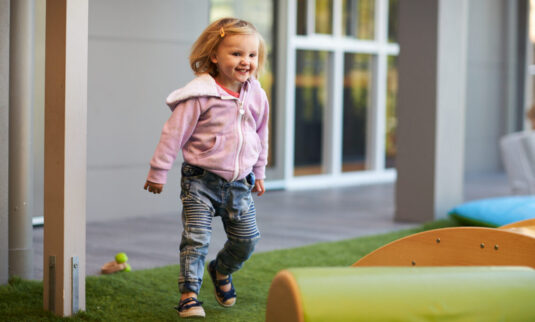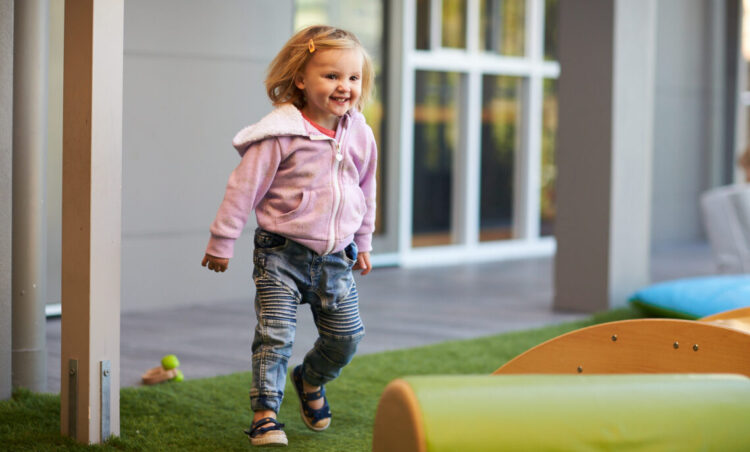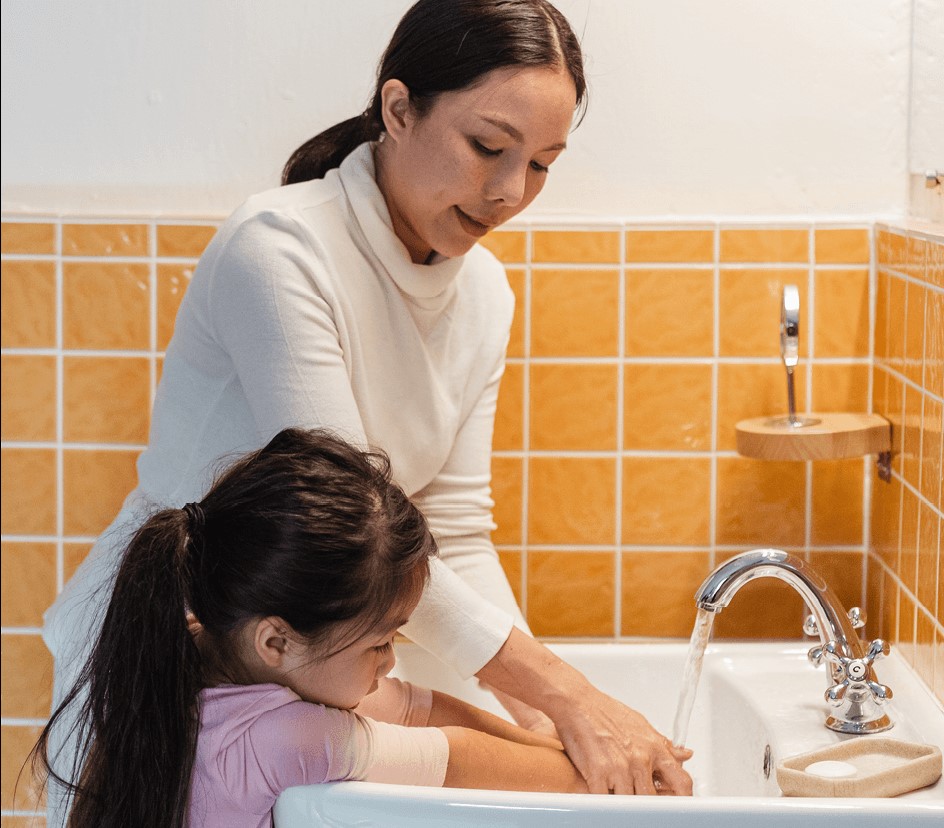Managing Children’s Anxiety Around Coronavirus
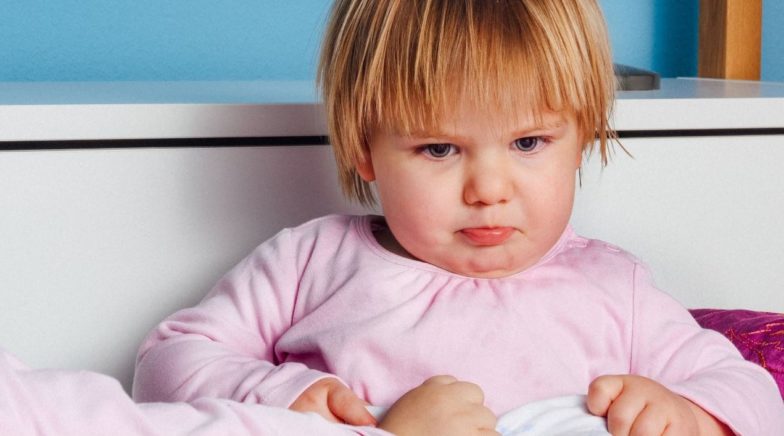
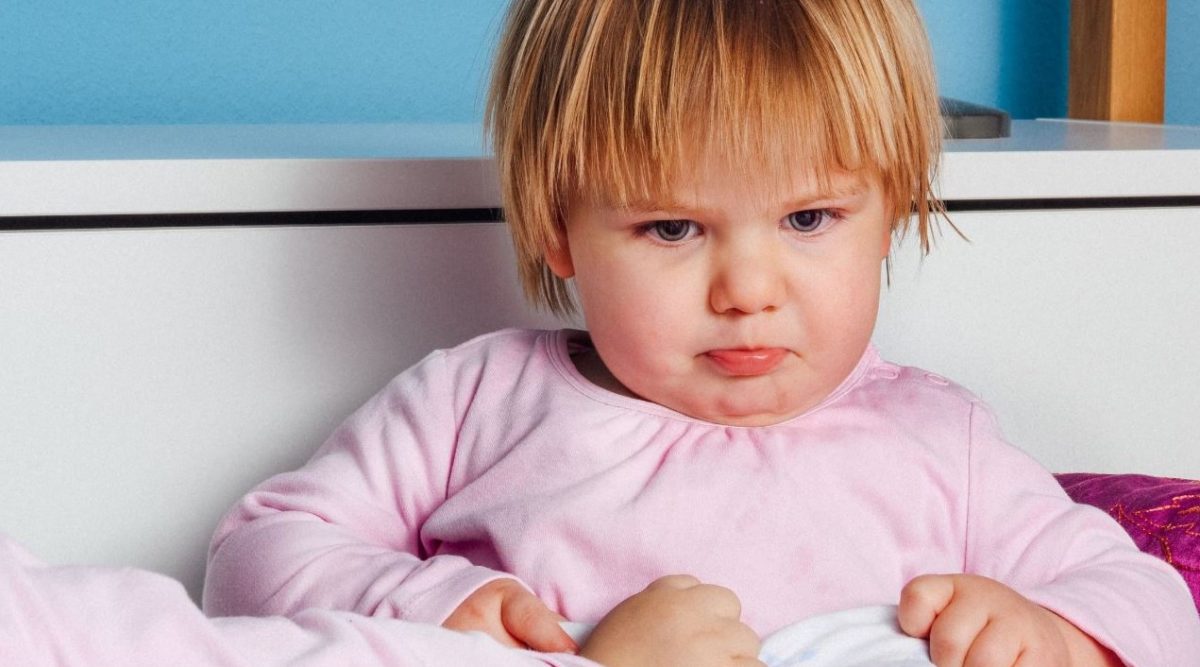
Helping children to cope with anxiety during the outbreak
Reports regarding Coronavirus (COVID-19) continue to dominate the media and our every day conversations. With change and discussions occurring all around them, it is natural for children to have questions or to be experiencing some anxiety. Children will inevitably pick up on the concerns and anxiety of others, whether this be through listening and observing what is happening at home or at school. Parents, teachers and trusted adults play a significant role in helping children make sense of what they hear in a way that minimizes their anxiety. We have compiled some information for parents and carers to keep in mind when supporting their children during this challenging time.
1. Conversation
There is a common misconception that talking with children about a topic such as Coronavirus may increase their anxiety. However, research suggests that it usually has the opposite effect. For children, not having information is scary, and many children will fill in the blanks with their own imagination – often imagining something far worse than the truth.
It is important that the lines of communication with children be kept open at all times. Children need to feel informed and safe, especially when they hear so much information in the media. Providing opportunities to answer their questions in an honest and age-appropriate way can help reduce any anxiety they may be experiencing. Discussing the Coronavirus situation openly with children will provide the opportunity to reassure them that they are safe and dispel any false information they may have heard in the media or through rumors.
Starting a conversation can be difficult, especially if you’re worried that your child is already distressed. You’re the leading expert when it comes to your child. You can tell when they aren’t in the mood to talk, or when they aren’t responding to your attempts. Above all, it’s important to remember that as a parent, you do not need to know all the answers, but you can help to contain their fears and anxieties by being there for them.
When talking with children about Coronavirus, keep in mind:
Conversations need to be relevant, child-led and age appropriate for each individual child.
Be honest – but keep it simple. Don’t pretend that nothing is going on and hope your child doesn’t notice. Chances are that your child noticed weeks ago. If you are in an attuned relationship with a young child, they are feeling right along with you. The best way to have these conversations, is in the most authentic way possible, as situations arise. You don’t need to over complicate things, but you can be honest in a way that is developmentally appropriate.
For example:
“It feels a little different right now. I know, it feels different for me too. I will be with you and keep you safe”
“We are staying home a lot right now to make sure we all stay healthy, we will be together”
“I’ll need to go to the supermarket by myself this time, no children are going right now. You get to stay home with Daddy, he really wanted to wave to me at the window, see you there!”
Some children may need more or less information than others.
Remain calm and positive.
Emphasize to your children that they and your family are safe. Remind them that you and the adults in their lives are there to keep them safe and healthy.
If a child brings up Coronavirus, it is important to acknowledge how they may be feeling and to answer questions as honestly as possible. This will help them feel informed and understand what is happening. Early Childhood Australia has put together some suggestions for both parents and educators to consider when dealing with children at differing levels of understanding and capacity.
Some children may not be interested in this at all or may be interested only briefly. Not every question from a child needs to be part of a long conversation or exploration about the Coronavirus situation. Gauge the situation and take it one step at a time.
Ask children what they already know about the virus so you can clarify any misunderstandings they may have. This will also provide a framework for conversations you may have.
Remain calm. Be aware of your own behaviour. If you’re visibly upset or react in a way that suggests you’re fearful, children will take their cues from you.
2. Connection
Be aware that your child may want more close contact with you at this time and feel anxious about separation. Try to provide this support whenever possible. It will be particularly important for children to feel close to their immediate family who they are living with and, where possible, continue to communicate with those people outside the family (even if by telephone or video calls) who are helpful to their wellbeing.
Children may respond to stress in different ways such as being more clingy, anxious, withdrawing, angry or agitated, bedwetting etc. Respond to your child’s reactions in a supportive way, listen to their concerns and give them extra love and attention. It is important that they know they have someone who will listen to them and make time for them.
3. Engage
Encourage children to engage in things that help them to feel better and make them feel physically and emotionally safe (for example listening to music, playing a favourite game with the family, or snuggling up with you to read books). Spend time doing a positive activity with your child (e.g. reading, playing, painting, cooking, a family game night, a picnic in the yard) to help reassure them and reduce their anxiety. This is also a great way of providing a space for them to talk through their concerns, without having a ‘big chat’.
Build in activities that help everyone get some exercise (without contact with other kids or things touched by other kids, like playground equipment). Take a daily family walk or bike ride or do yoga — great ways to let kids burn off energy and make sure everyone is staying active.
Think back to your own childhood and brainstorm your favourite activities before the time of screens. Generate a list of arts and craft activities, imaginary games, musical activities, board games or outdoor play ideas that you can do together as a family.
4. Look after Yourself
Remember to look after yourself too. If you yourself are feeling worried, or anxious about Coronavirus, talk to someone you trust who can listen and support you. When adults are stressed, children can pick up on this. Children rely on their parents to provide a sense of safety and security.
Things you can do to support yourself:
Take breaks from watching, reading, or listening to news stories, including social media. Hearing about the pandemic repeatedly can be upsetting.
Take care of your body. Take deep breaths, stretch, or meditate. Try to eat healthy, well-balanced meals, exercise regularly, get plenty of sleep, and avoid alcohol and drugs.
Make time to unwind. Try to do some other activities you enjoy.
Connect with others. Talk with people you trust about your concerns and how you are feeling.
5. Consistency
Children need structure. Having a schedule or a predictable rhythm of the day provides children with a sense of safety and security that is calming during times of stress. Children benefit from knowing what is going to happen and when. Rituals like bedtime stories or after dinner games or walks anchor children in normalcy. Intentionally build emotional connections through play, music, art, conversation, and time in nature.
6. Acknowledge your Child’s emotions
Rather than dismissing or minimizing your child’s fears or emotions surrounding the Coronavirus, try to encourage and acknowledge them. Assure them that it is natural to feel anxious when new and stressful situations arise. Validating a child’s feelings is a simple, profound way to reflect our child’s experience and to demonstrate understanding and acceptance and to open the way to a conversation that helps them to realistically reframe their fears and reassures them that you are there to help them.
In tense and stressful times, we tend to be less patient, speak more harshly and not have as much tolerance. Remember, if you are feeling stressed, chances are your child is too. The difference is that they cannot rationalise these feelings or filter them through logic and reason. The best thing to do is to firstly acknowledge the feelings you think could be behind the behaviour.
For example:
“You are so upset, you really wanted to visit the park with Jack.”
Then, validate those feelings
“I know, it’s so hard isn’t it, you love spending time with Jack”
Then, show that you can understand and relate to those feelings
“I really wish we could go too! We will be able to see him soon. He’s at home with his Dad right now too!”
Then you can always offer an alternative
“I was thinking we could make pictures for Jack, we could even mail them to him when we are done”
7. Monitor your own behaviour
Children will look to you for cues on how to manage their own worries, so it is important to stay calm and manage your own anxieties before bringing up the subject with them and answering their questions. Calmer parents mean calm or calmer children. When parents and caregivers deal with the Coronavirus calmly and confidently, they can provide the best support to their children.
Your child’s ability to be regulated, literally depends on yours. If you are calm and even keeled (even though you might not feel it) when you talk to them, handle them, interact with them… they have a hope of being calm and even keeled too. If we respond to their big feelings, with our own big feelings, we are breeding chaos in their lives and therefore, in our homes. It’s ok to step away for a moment and remember this before you react if you need to. Be realistic and honest with yourself about your needs, limits and triggers.
8. Focus on what you can control
Focusing on what children can do to help to battle the pandemic can help them to feel as though they’re able to exert some control over their circumstances. What causes anxiety is a sense of lack of control. Washing their hands, covering a cough or sneeze or social distancing are all routines that can empower children and give them something meaningful to do.
9. Give them coping skills
This is a perfect time to help children develop positive coping mechanisms. You might like to keep a list on the fridge of things that makes you feel better, safe and healthy to do. This won’t just help children to manage their anxiety in this situation – it will help them to cope for the rest of their lives.
ABC Kids have produced a great episode to help explain the pandemic and lockdown to little ones – “Why do we have to stay at home so much?“
Only About Children can help your child to grow, make friends and explore the world.
Only About Children can help your child to grow, make friends and explore the world.
Related Reads
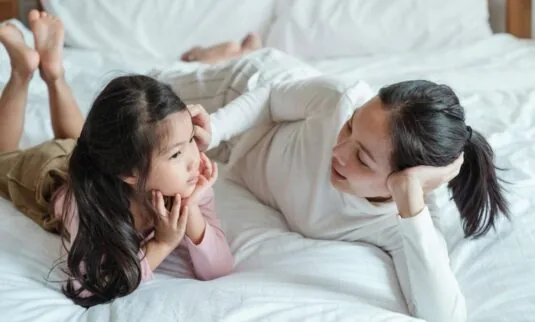
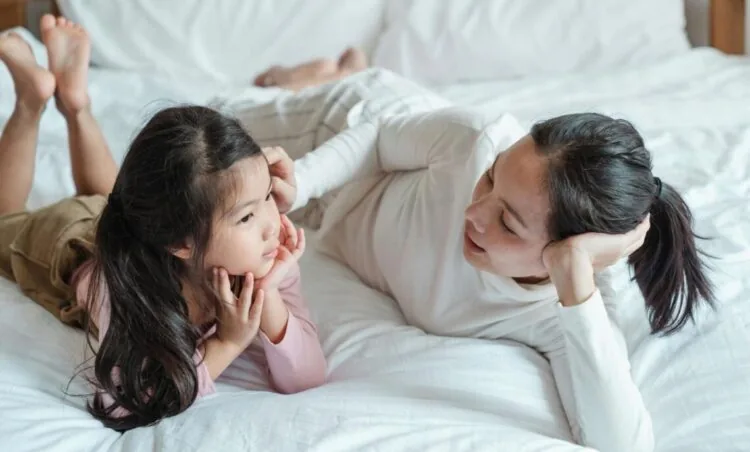
Talking To Young Children After Traumatic Events
Discussing traumatic events with children is crucial for helping them understand and accept what's happening in their world.

MasterChef Tommy Pham's Coconut Turmeric Chicken With Rice & Greens
MasterChef Tommy Pham has teamed up with our Dietitians Anna & Alex to create a delicious and nutritious lunch option for children to enjoy in campus - Tommy's Coconut Turmeric Chicken/Chickpea with Rice & Greens. Campus cooks will be preparing Tommy's lunch recipe as part of our delicious, rotating Autumn Menu in campuses. Sound delish? Try the recipe at home!